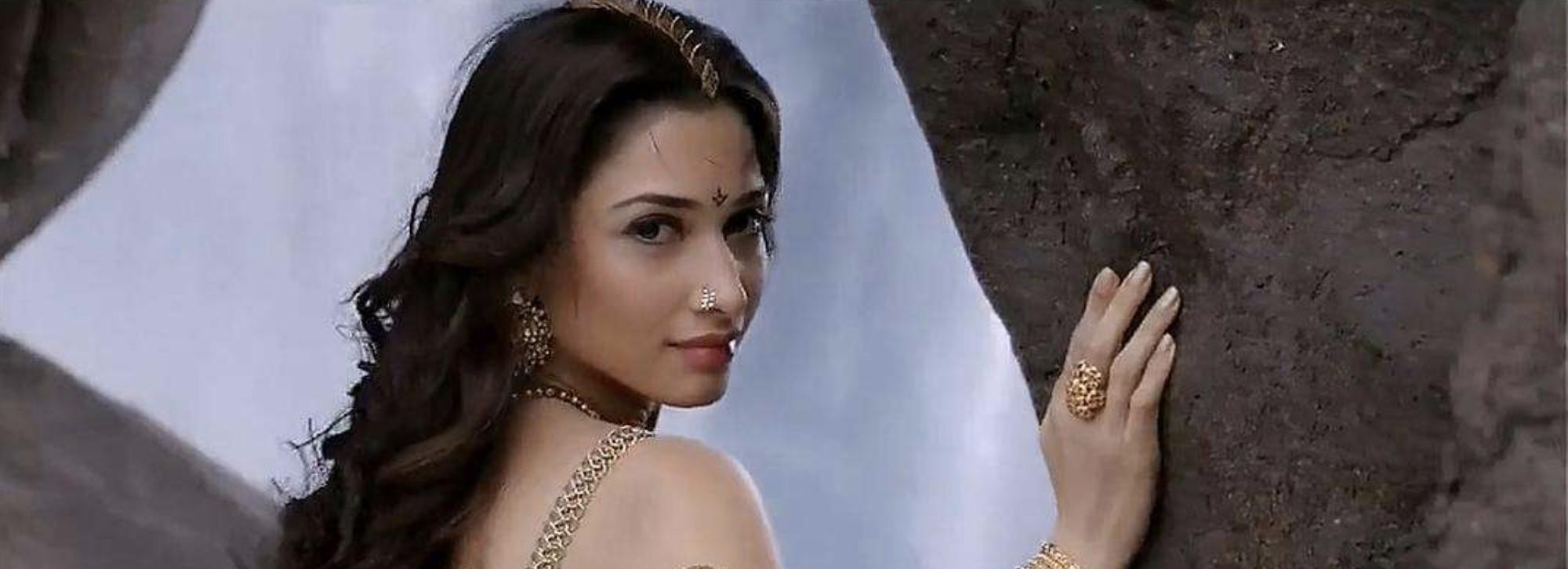I couldn't sleep at night, so I watched a movie, "Baahubali: The Beginning" from Bollywood, India.
Hailed as the highest-grossing film in the history of Indian cinema at the time, "Baahubali King" was an epic work, and most people would talk about its special effects production, after all, this is the most expensive place to make a film, and the grand scene is also the standard of epic films. It tells a story of revenge.

However, if you understand Indian epic movies in this way, it is too superficial, as a country with thousands of years of civilization history, Indian epic films must be in addition to special effects, which will release a thicker humanistic feeling.
The main body of the Hindu civilization is the Hindu civilization, Hinduism is not only a polytheistic religion, the Hindu gods themselves often have a variety of incarnations, the most typical is one of the three main gods in Hinduism, Vishnu, who often incarnates into various images to save the world from danger.
Over time, a very strong idolatry complex has formed in Indian culture, they believe that heroes are actually mortal incarnations of heavenly gods, and when they worship a hero, they will unconsciously give the hero a certain divinity and deify it.
In the film, King Baahubali's son, Schwardu, is undoubtedly such a hero, who not only has an extraordinary life, but is also endowed with The Divinity of Shiva as soon as he reaches adulthood - he holds up a huge stone sculpture of Lingjia with his bare hands.
The tradition of giving the hero a certain divinity is very well used in a large number of Indian commercial films today, so there is often a phenomenon of "opening and hanging" that people jokingly call, only people who understand Indian culture can understand this phenomenon, the hero is regarded as a god under the mortal, then he can naturally make a lot of moves that ordinary people can't do, in the eyes of Indians, this is not only not unreasonable, but also very much in line with the traditional definition of hero.
In the second half of the film, the story of King Baahubali is full of strong male hormones, especially the final war scene, the difficult scheduling of thousands of people, and the high and expressive special effects technology. The catapult brought up the red silk that covered the sky and covered the savage soldiers; the galloping chariot was topped with a propeller-like knife head, mercilessly harvesting the warrior's human head; and the "lose man" battle between the Savage King and Baahubali (yes, the Savage King's big move was really to grab the people around him and throw them away, throwing more than a dozen people in a row), and Baahubali holding a golden lion's head, angrily beating the Savage King, and so on, the super shocking effect and imagination of the cold weapon war duel, the momentum is huge, wonderful and slightly exaggerated, and the super performance is like a martial arts style.
No matter how many people kill, they can only be considered warriors, but saving one person is a god!
In the film, not only men are very brave, even women are very tough, the former has a strong female samurai Afan Xinka, and then the empress Sivagmi who controls the government, are all uncompromising female men, changing the delicate and gorgeous image of women in previous films, adding a lot of color to the film. Although there are no gods in the plot, the film follows the tradition of many Indian classical mythological epics in its narrative approach.
This traditional approach to mythological epics, combined with the background of the story, gives the film a classical atmosphere.
Oyama Kan drama
recommend!